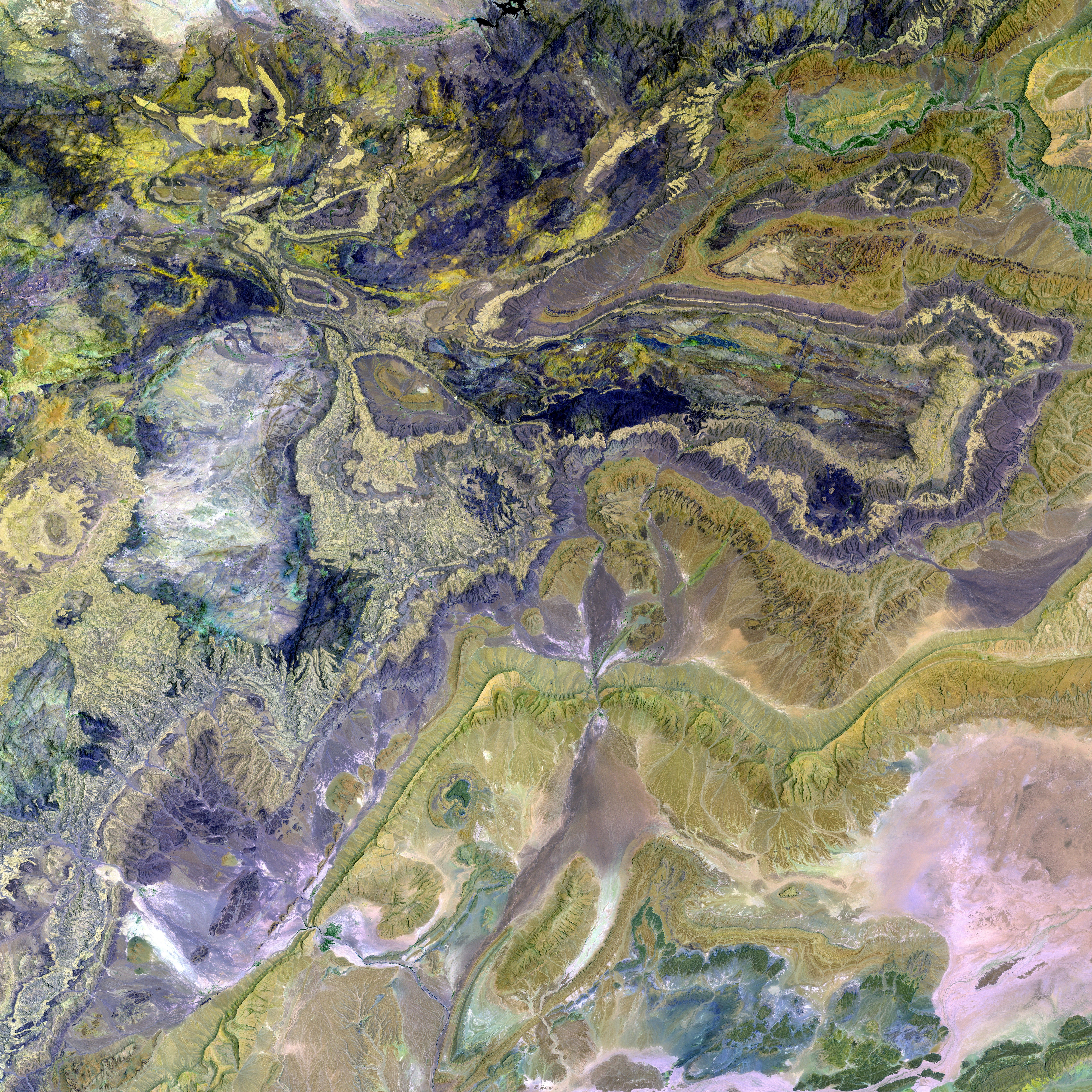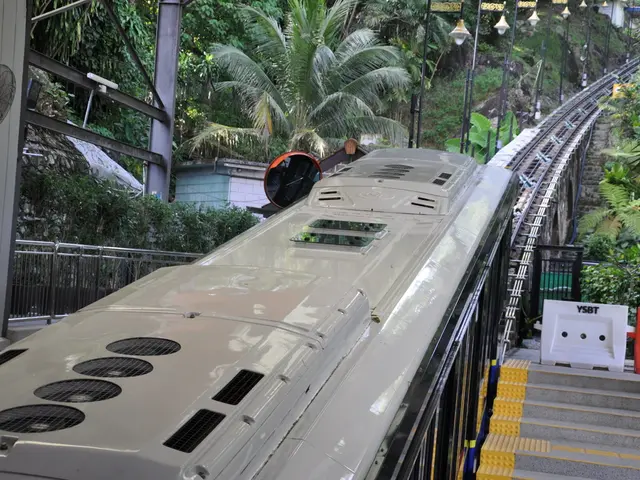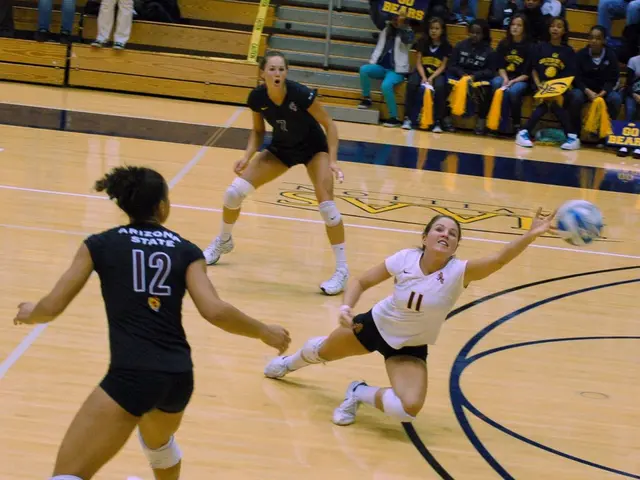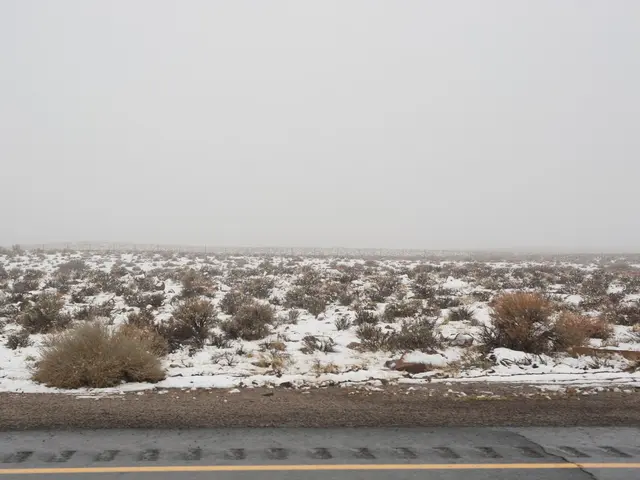Activist Organization Human Rights Watch Favors Tightened Economic Restrictions on Venezuela under Trump Administration
Rebel Without a Cause: Human Rights Watch's Shocking Stance on Venezuela Sanctions
In the whirlwind of the 100th day of Donald Trump's second term, Human Rights Watch (HRW), a supposedly liberal organization, is stirring up a storm. Their concern? The president is not causing enough chaos—at least not in the Venezuelan context.
HRW's latest dance on Venezuela, penned by Martina Rapido Ragozzino (North Andes researcher in HRW's Americas Division), advocates for a risky salsa of increased illegal measures that border on chaos.
Embracing the Chaos
The heart of the issue revolves around the July Venezuelan presidential election that saw Nicolás Maduro triumphant. Beyond electoral irregularities, the elephant in the room—completely disregarded by HRW—is the crippling US hybrid war on Venezuela. The Venezuelan population suffered under economic siege and coercive measures designed to force them into backing the US-backed opposition.
The opposition's refusal to submit electoral records to the Venezuelan supreme court, their riots (HRW calls them “mostly peaceful”), and the widespread property damage and violence were inconvenient facts that HRW chose to ignore in their over-100-page report.
The Wrong Pill to Cure the Ill
Let's entertain the notion that the Venezuelan election books were indeed cooked. So what's HRW's solution?
On April 29, the US State Department ate up the 100 days of "America First" accomplishments, celebrating the revocation of oil importing licenses and the establishment of potential secondary tariffs on countries still daring to import Venezuelan oil.
The next day, HRW's report recommended even more potent medicine. Disappointed that the Trump administration is apparently making friends with Venezuela, HRW urged the US and other nations to intensify the pressure through expanded sanctions and increased foreign intervention.
Washington already has plans to maximize its “maximum pressure” campaign to topple the government in Caracas, but HRW seems dissatisfied with these efforts. They advocate for imposing even more "targeted sanctions" to counter what they see as domestic incentives for abuse.
A Recipe for Disaster
The reality of overcompliance with individual targeted sanctions means that even individual sanctions can contribute to collective punishment. In 2019, HRW recognized this risk, stating that "despite language excluding transactions to purchase food and medicines, these sanctions could exacerbate the already dire humanitarian situation in Venezuela due to the risk of overcompliance."
But now, the existing 1,028 sanctions on Venezuela by the US and its allies don't seem harsh enough for HRW. Frustrated that these sanctions haven't created chaos as intended, HRW continues pushing for more pain.
The Sanctions Fever
HRW lobbed for increased foreign intervention in Venezuela's internal affairs, urging other nations to bolster support for Venezuelan civil society groups to counter Maduro's authority. Surprisingly, HRW's policy lobbying echoes that of Venezuela's extreme right opposition, led by María Corina Machado.
Critics argue that HRW's approach reflects what some dub “follow-the-flag humanitarianism.” The organization is said to align with geopolitical interests, while resisting consistent criticism of US policies that have contributed to the crisis in Venezuela.
Moreover, HRW has been accused of ignoring the terrible crimes that are committed with the collaboration of the US government, while summarily dismissing criticisms of its conflicts of interest.
Selective Compassion on Sanctions
HRW has been vocal about the "brave efforts of Venezuelans who risked everything" in the face of the government's brutality. But HRW's report fails to acknowledge the devastating effect of the very measures it advocates—the very measures that have exacerbated the already dire humanitarian situation in Venezuela.
HRW never mentions the humanitarian toll of its proposed actions and instead focuses on the justification for targeted sanctions, disregarding the broader harm caused by unilateral coercive measures.
The Sanctions Sickness
HRW portrays US sanctions against Venezuela as justifiable efforts to enforce imperial restrictions on Venezuela and not as part of a regime-change hybrid war. But investigations by the UN's High Commissioner for Human Rights found that sanctions threatening people's lives need to be halted.
Even HRW's own World Report 2022 acknowledged that sanctions had contributed to Venezuela's economic and social crises. Yet HRW continues to push for more sanctions and support for Venezuela's far-right opposition, potentially causing more harm to the already suffering population.
Roger D. Harris is with the human rights organization Task Force on the Americas, the US Peace Council, and the Venezuela Solidarity Network.
The views expressed in this article are the author's own and do not necessarily reflect those of the Venezuelanalysis editorial staff.
Enrichment Data:- Acknowledgment of Broader Sanctions’ Impact: HRW recognizes that broader, indiscriminate sanctions have exacerbated Venezuela’s economic and social crises and conditions, as documented by the United Nations and in HRW's World Report 2022.
- Selective Advocacy: Critics argue that HRW's advocacy for targeted sanctions and increased foreign intervention in Venezuela's internal affairs may reflect a partial or selective approach to human rights, potentially underlying geopolitical interests.
- Criticism of Methodology: Some question the methodologies of HRW's reports on Venezuela, suggesting that they may lack objectivity and impartiality in their analysis and recommendations.
- Long-Term Consequences: There is concern about the long-term consequences of HRW's advocacy for targeted sanctions and foreign intervention in Venezuela. Critics argue that such policies risk fueling instability and causing further humanitarian crises in the country.
- Follow-the-money: HRW's funding sources have been the subject of criticism, with some claiming that the organization's financial ties may influence its positions on issues related to Venezuela and other countries.
- Venezuela Analysis, a news source, has criticized Human Rights Watch (HRW) for advocating increased, potentially chaotic measures against Venezuela, disregarding the country's ongoing hybrid war.
- HRW has been criticized for ignoring inconvenient facts, such as the opposition's refusal to submit electoral records and their role in violent protests.
- Despite acknowledging the potential risks of overcompliance with individual targeted sanctions, HRW continues to push for more, potentially causing collective punishment.
- Critics argue that HRW's advocacy reflects "follow-the-flag humanitarianism," aligning with geopolitical interests and resisting criticism of US policies contributing to the crisis in Venezuela.
- The UN's High Commissioner for Human Rights has found that sanctions threatening people's lives need to be halted, a view that HRW's own World Report 2022 has also acknowledged.
- Despite acknowledging the impact of sanctions on Venezuela's economic and social crises, HRW continues to advocate for more sanctions and support for the far-right opposition.
- The long-term consequences of HRW's advocacy are a concern, with critics arguing that such policies risk fueling instability and causing further humanitarian crises in Venezuela.









